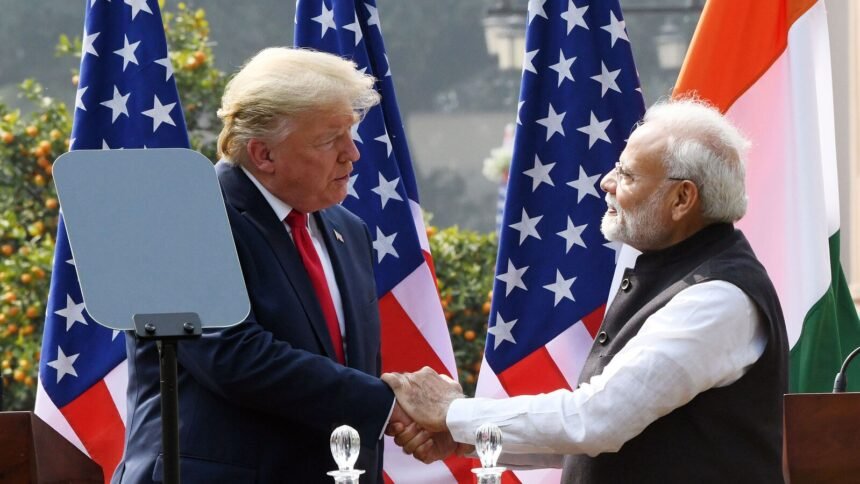A report from brokerage Nuvama Institutional Equities said that as Donald Trump prepares to return to the White House, two specific areas of policymaking need to be carefully watched – trade policy and fiscal policy.
After Donald Trump defeated Kamala Harris in the hotly contested 2024 US presidential election, Nuwama also said it was too early to assess the consequences of a second Trump term.
The brokerage predicts that in terms of trade, Trump may choose a multilateral approach in the tariff war, which has previously been mainly focused on China. This shift may be due to a lack of progress in U.S. manufacturing and a trade deficit despite repeated tariff increases against China since 2018.
Therefore, Trump can take a more aggressive trade stance by expanding his targets beyond China.
On the domestic front, he may consider cutting taxes or even increasing spending to boost the economy, which could lead to a larger fiscal deficit similar to what happened during his first term. This will bring its own set of challenges, as U.S. sovereign debt is much higher now than it was in 2018.
“If these actions are implemented, India’s exports are likely to slow further, while any strength in USD/bond yields may delay RBI rate cuts. As profit momentum is slowing and valuations are quite high, this may Adding to equity market volatility. Maintaining a defensive bias, private banks are key cyclical holdings,” the brokerage said.
economic impact
Nuwama said that if Trump generally lifts tariffs, other countries may respond with countervailing duties, which may lead to global trade conflicts and seriously affect the global economy and the Indian economy. First, this could hurt India’s exports by affecting global trade (which is already in trouble), and India could also face tariffs. Additionally, it may increase the risk of inflation. Ultimately, if Trump chooses aggressive trade and fiscal measures, it could put macroeconomic pressure on the global economy, leading to higher prices and slower growth.
Markets: Increased uncertainty and volatility
“Markets were fairly active during Trump’s first year in office (2017), but were underpinned by optimistic global growth, earnings (after the Demon Plunge) and reasonable valuations. But the 2018 tax cuts reversed the gains, with mid-cap stocks retracing 20-30%. IT was the best-performing sector in 2018, benefiting from higher corporate spending in the United States and a weaker Indian rupee. Valuations are now quite high and earnings momentum is weakening,” the brokerage said in a report.
Disclaimer: The above views and recommendations only represent the views and recommendations of individual analysts, experts and brokerage firms, and do not represent Mint. Investors are advised to consult a certified expert before making any investment decisions.

